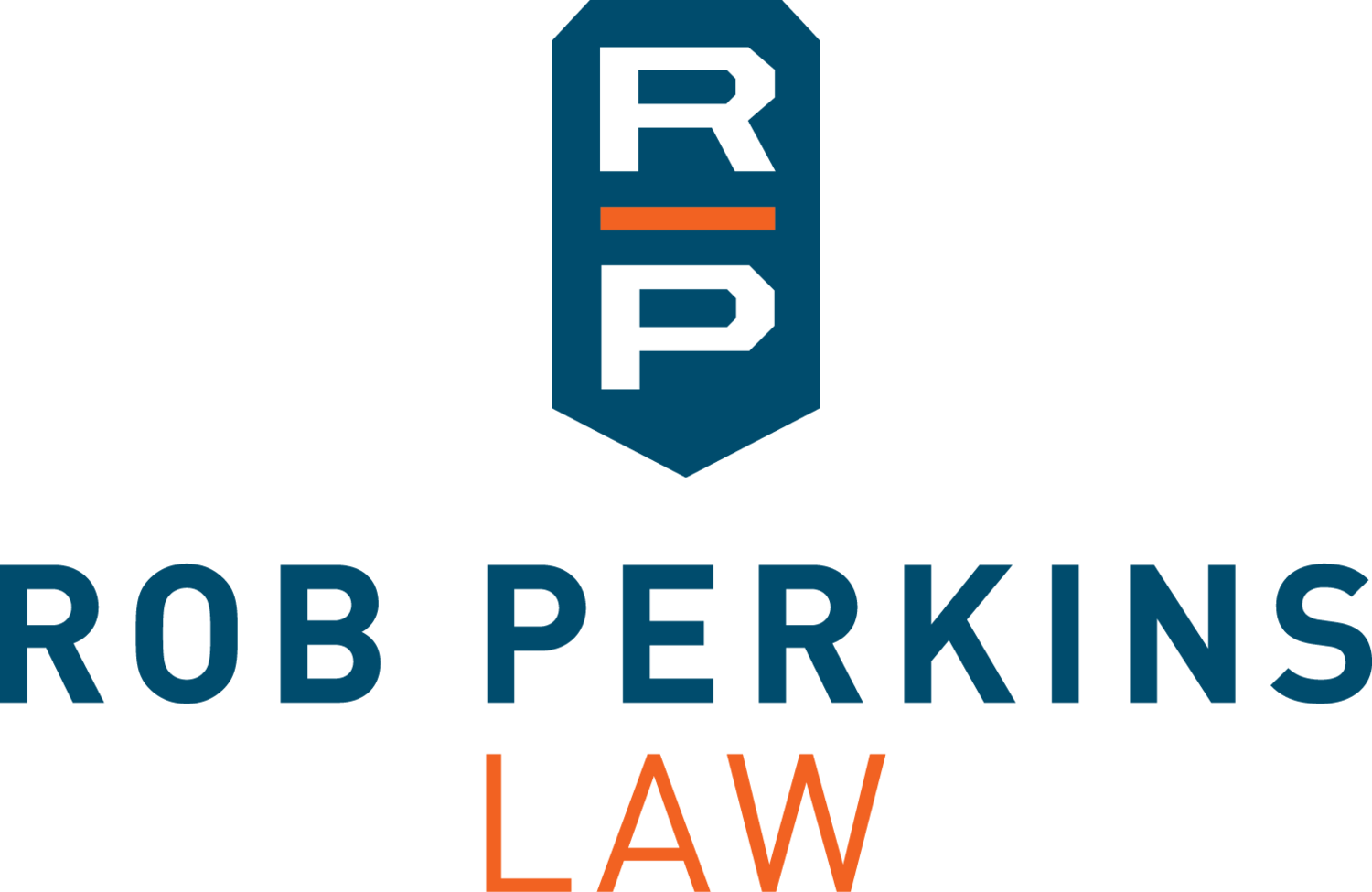Commonwealth v. Kelly, --- A.3d ---, 2016 WL 2016 WL 638716 (Pa. Super., Feb. 8, 2016)
When it comes to a defendant’s procedural rights in the criminal justice system, the right to have one’s case heard by a fair and impartial jury is one of the most important. Consistent with that right, during the jury selection process that occurs before trial, the defense can ask that a potential juror be struck from the jury in situations where the juror likely cannot be fair and impartial. This case is important as it helps to define when a juror should be struck because of an inability to be fair and impartial.
In fact, in this case, the Superior Court reversed the defendant’s multiple murder convictions because it found that the trial court abused it discretion in failing to strike a juror for cause. Notably, that juror was an active police officer who was currently working on cases with the prosecutor’s office; under these circumstances, of course he couldn’t help but be biased in favor of the prosecution.
Our system is process-oriented; this decision will help ensure that the process is respected.

